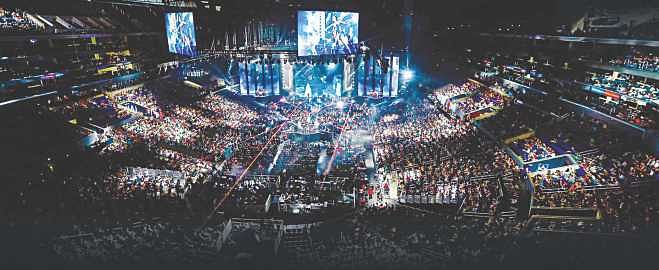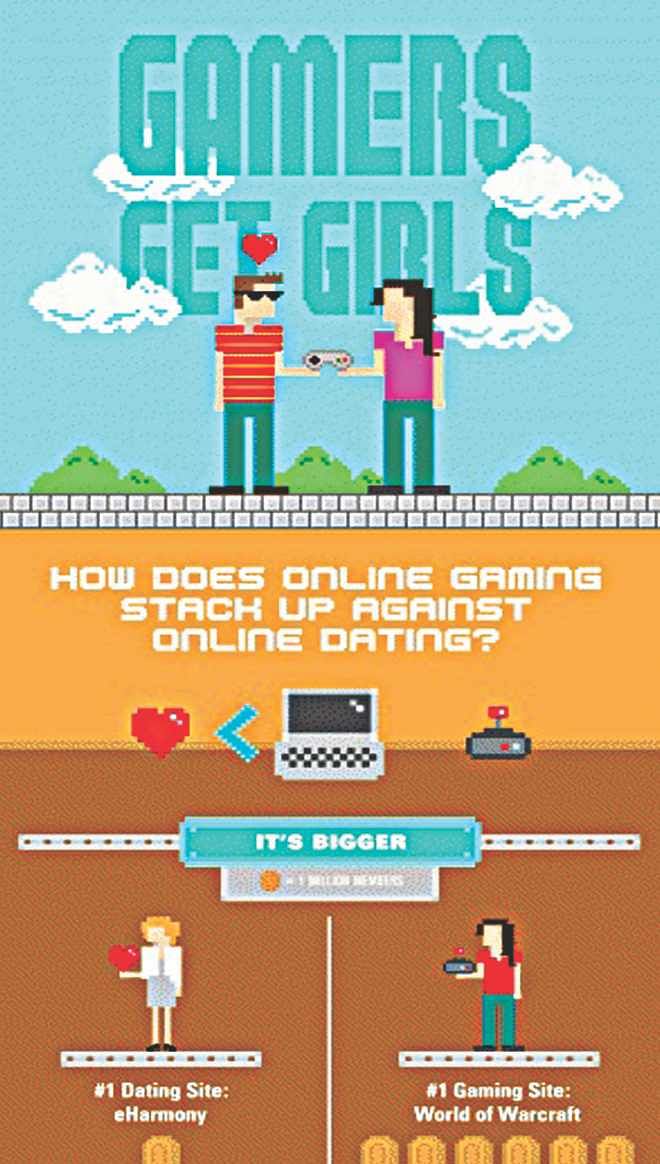eSPORTS in BANGLADESH


On July 11, 2013 the United States government recognised professional players of the video game League of Legends as professional athletes. In a practical sense this has no effect beyond the bureaucratic (League players now have an easier time with passports), but it reflects that the world of eSports is being taken seriously. Short for Electronic Sports, an eSport can be any game that is played competitively. Beginning humbly in the '80s with the classic Space Invaders, the concept of competitive gaming has been steadily gaining ground (indeed, it is often joked that Starcraft is Korea's national sport). As the years have passed, participation in eSports tournaments has been escalating, as has the prize money. League of Legends (LoL) tournaments have been selling out stadiums, and last year's competitive finals were viewed by a staggering 32 million people. Clearly we are no longer talking about stereotypical nerds playing in their basements or bedrooms: Electronic Sports are now a very real thing and deserve serious attention.
That being said, this sounds like very much a first world phenomenon: there could not be any scope for eSports developing in Bangladesh, surely? As it turns out, the answers to that question are much more complex than one might expect. According to Soufin Rahimeen aka FlameDra, a League of Legends player, the prospects of eSports in Bangladesh has never been higher. He cites the rise of devoted communities and strong teams in a number of competitive games (Counter-strike, LoL and DotA 2 to name a few) and a growing number of sponsored organisations such as Infernal Gaming that try to get teams together to compete in international tournaments. Most importantly, “Players right now are also shifting their mentality from playing just for fun to playing to improve as a player, treating the game as a 'sport'. This, I believe, is a huge factor for the improvement of eSports. Because eSports thrive on the players and their mentality.”
Moreover, online gaming in the country has seen a steady incline with the increase in internet speed and availability and the fall of bandwidth price. The local gaming communities maintain within themselves strong co-operation and they tend to help the newer members. This attitude is something that is often not seen in major gaming communities abroad. Communities such as these thrive quickly but there is, unfortunately, an upper bound.
Despite the growth of the internet services in our country, it is still not enough compared to that of more developed countries. We still suffer from power outages and it is unlikely that will change anytime soon. Unstable internet is another major hindrance. These two problems very often force players to leave in the middle of the game which is quite a nuisance as most online multiplayer games penalise you for leaving in the middle of the game and thus ruining other people's experience. (Penalties mostly come in the form of temporary suspensions.)
But more importantly, this prevents the Bangladeshi gamers from competing in international gaming tournaments online since the electricity might just decide to go *poof* in the middle of the games. The League of Legends player Nabid Islam told us how his team Face Your Xtinction had to surrender two of their final games in the Frag Nation Tournament (which featured mostly teams from India) because of electricity problems that almost cost them the tournament. (Kudos to them for coming back strong and winning it.)
Most foreign gamers make their money by streaming their games. This is however not a possibility in our country yet, due to the relatively slow internet. According to Soufin, you would require at least a 10 Mb/s+ up/down connection to stream at a decent quality. Moreover, we do not have Paypal in Bangladesh and our credit cards have limited transactions.
Despite the good community, and the good potential of the gamers, we are still far behind compared to professional gamers abroad. And why wouldn't we be? The more you practice, the better you're supposed to get. Professional gamers tend to spend 8-16 hours every day, practising. Gamers here have to study, go to school/work, and only then have time for games which is almost always less than 8 hours and in most cases less than 4.
The infamous old-school gamer Jishnu, aka Main Man, in his Tedx speech on online gaming discussed at length the problems gamers face every day. As he talked about how the gaming communities grew from nothing and the troubles they had to face, but how they still persevered. “If the gamers can put in so much effort, why can't they get a little appreciation?” -- He asks.
While parents are understandably worried to see their children apparently wasting time on video games, just a little appreciation and support can go a long way. “I am not asking you let your kids play games 24/7. I am asking you to care for their gaming like you would care for their basketball practice,” says Jishnu. “Buy them a good mouse as you would buy them a good bat.”
Gaming rigs are another obstacle. Most people cannot afford a powerful gaming PC, or gaming keyboard and mouse. Then there are gaming mouse pads, headphones and so on. “Most foreign teams have a plethora of sponsors who help them with gear and pay,” as Soufin explains. Yet there is little interest currently in making a major investment on a local gaming team. The reason for that is perhaps, as stated above, people looking down on gaming. Most old-fashioned businessmen here would not consider the gaming sector to be a serious investment opportunity. And what little tournaments we do have, the prize money is heavily lacking. The little sponsorship money we get goes to the event managers and not the players.
Cultural prejudice is also a major obstacle. Soufin pointed out “Parents in Bangladesh probably won't even want to let their kids play Cricket professionally, let alone LoL or CS or some other 'video game'.” However, he also pointed out that this was a problem in the West as well, citing the case of pro League player DoubleLift who was kicked out of his house when he said he wanted to play eSports professionally. Another LoL player, Eshraq Raihan Ahmed quipped that his parents would never let him play games as a 'job', fearing for his marriage prospects.
Much is improving, but we are still a long way from getting to the point where you will see a Bangladeshi team playing video games to a sold-out stadium. Jishnu's closing statements from his Tedx speech sum it up best: “All I want is gaming to be treated as a sport. I promise you, cricket will not be Bangladesh's highest honour. Be proud of the gamers around you. Support them, if not monetarily, then in spirit. This right here is a beautiful community that can win money, recognition and glory not for just themselves, but for the country. God knows we could use some.”

 For all latest news, follow The Daily Star's Google News channel.
For all latest news, follow The Daily Star's Google News channel. 



Comments